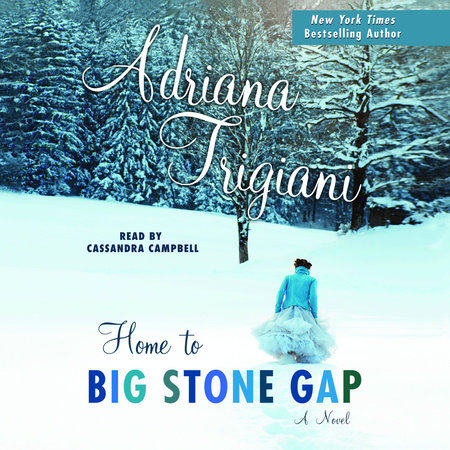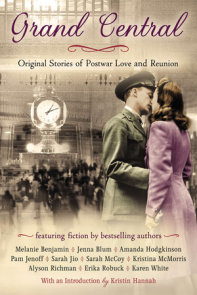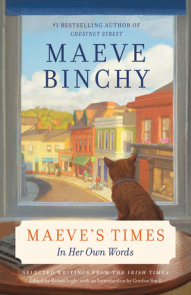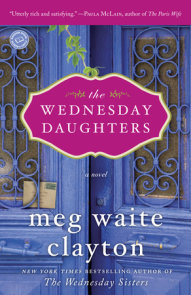READERS GUIDE
Questions and Topics for Discussion
1. In one of the early scenes in Home to Big Stone Gap, Ave Maria’s friend Theodore Tipton sends her a postcard that states, “Start living your life for YOU.” By the end of the novel, has Ave Maria taken this advice?
2. When the prospect of using mountaintop removal as an alternative form of coal mining is raised to Ave Maria and her husband, Jack, Ave Maria is instantly against the idea. Do you think she has considered both sides? What exactly is at stake in her argument with Jack about this issue?
3. Why does Trigiani include the character of Randy in her novel? What is the significance of the similarities between Randy and Joe, as well as between Randy’s mother and Ave Maria? What does Ave Maria learn from Randy?
4. Do you think it’s fair for Ave Maria to confront Iva Lou about her mysterious past? What lasting effects does this experience have on the two women’s relationship? What would you do in the same situation?
5. According to Ave Maria’s experience, a woman’s method of coping is to “make things pretty when the road gets rocky,” while Jack “wants facts, answers, and drop-dead ultimatums.” Do you generally agree with her assessment of her husband? How do men and women deal with crises differently?
6. Reflecting upon Etta’s move to Italy, Ave Maria says, “Maybe fate is the footwork of decisions made with loving intentions.” Do you think this is true? What examples from the book support this claim? What examples challenge it?
7. How does the trip to Scotland affect Ave Maria’s relationships with Etta and Jack? Do you feel that any transformations have occurred?
8. Bridges, both literal and figurative, are an important symbol throughout the novel. Why is one of Jack’s goals to build a bridge? What sorts of bridges are constructed–and dismantled–throughout the course of the novel? Finally, how do you interpret Ave Maria’s statement that “Jack needed to build it, if only to know the deep river that runs through Cracker’s Neck Holler”?
9. Perhaps more so than any of the other novels in this series, Home to Big Stone Gap grapples with the theme of loss. One of Ave Maria’s major challenges throughout the book is learning how to let go and come to terms with moving on. In what ways has she accomplished this by the end of the novel? In what ways is she still hanging on? How do Ave Maria’s experiences compare with your own?




















